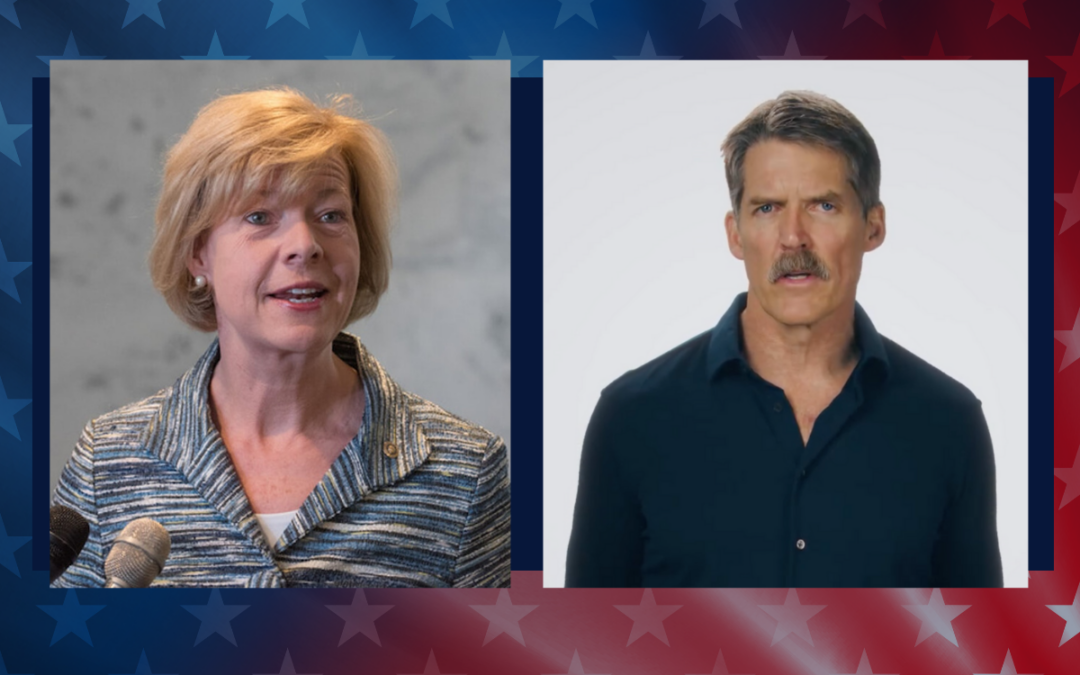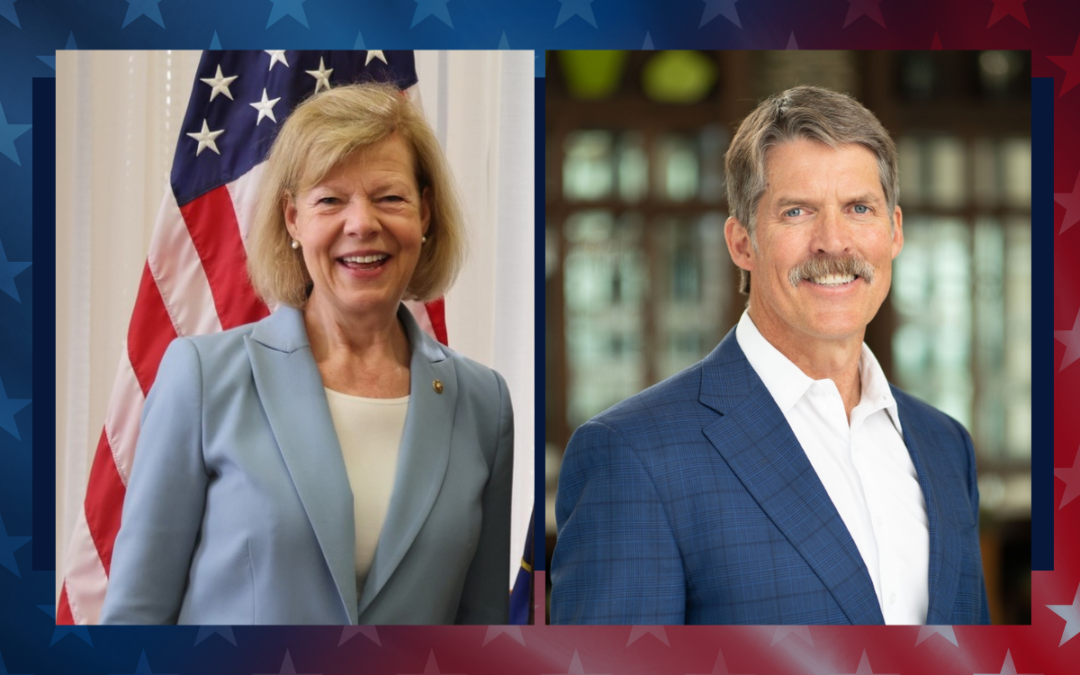
#image_title
#image_title
Republicans are finding it easier to talk “tough” about trade with China instead of taking on corporations that are suppressing competition and hurting farmers and consumers.
The legislating that gets done in Washington, DC is a bit like farming—some of the bills that pass are like planting seeds for a crop that won’t be seen for some time. That’s why farmers like Hans Breitenmoser in Lincoln County won’t be surprised to see some politicians show up at ribbon cuttings in the future, hoping no one notices they voted against the bills that created the roads, bridges, and other benefits that passed with President Joe Biden’s legislative victories in 2021 and 2022.
“I think we’ve always seen that a little bit in this country, where politicians will happily take credit for things that they perhaps voted against in a previous cycle,” Breitenmoser said on the UpNorthNews radio show. “But I think we have that on steroids now. I mean, now we have really one party that’s actively working against getting some things done to make the other party look bad—rather than look at things and say, ‘hey, you know, there’s work to be done, let’s get it done and let’s leave the politics to the side.’”
Breitenmoser was referencing the American Rescue Plan and the Inflation Reduction Act—measures that did not receive a single Republican vote in Congress—as well as the Bipartisan Infrastructure Law, which did include GOP supporters, though none from Wisconsin’s congressional delegation. The three measures will invest billions of dollars in Wisconsin, create new jobs, support farmers, expand broadband into rural areas, and much more.
Instead of working on legislation that would help rural Wisconsin, Breitenmoser said the state’s Republicans are focused on well-worn talking points such as criticizing trade practices in China. Breitenmoser said farmers instead need relief from actors in the United States—multinational corporations that have near-monopoly control of markets, which hurts producers as well as consumers.
“I think when it comes to our politicians and again, we’re talking politicians instead of leaders, it’s easy to create a boogeyman,” Breitenmoser said. “That’s sort of easy to point out. And it’s a little more difficult to talk about some of these more complicated issues, like antitrust legislation that tends to be maybe a little wonkier and a little more dull, but is far more insidious and does far more damage.”
The National Farmers Union and the Biden administration have been pushing for beefing up the 1921 Packers and Stockyard Act, a measure designed to protect farmers and other producers from unfair market practices. The administration notes four companies control 85% of the beef market. In poultry, the biggest four processing firms control 54% of the market. And for pork, the figure is 70% for the four biggest firms.
“Capitalism without competition isn’t capitalism — it’s exploitation,” Biden said earlier this year, in an effort to reduce food prices by increasing competition.
While federal politicians look for national solutions to international trade, Breitenmoser points out the need for activity that also opens up new markets at home.
At the state level, Gov. Tony Evers has used $10 million in American Rescue Plan funds to help small meat processors train workers and expand capacity—which helps livestock producers. Evers has also put $100 million toward the Main Street Bounceback program, which has provided small businesses across rural Wisconsin with $10,000 grants to move to or expand into previously vacant storefronts.
Politics

What’s the difference between Eric Hovde and Sen. Tammy Baldwin on the issues?
The Democratic incumbent will point to specific accomplishments while the Republican challenger will outline general concerns he would address....

Who Is Tammy Baldwin?
Getting to know the contenders for this November’s US Senate election. [Editor’s Note: Part of a series that profiles the candidates and issues in...
Local News

Stop and smell these native Wisconsin flowers this Earth Day
Spring has sprung — and here in Wisconsin, the signs are everywhere! From warmer weather and longer days to birds returning to your backyard trees....

Your guide to the 2024 Blue Ox Music Festival in Eau Claire
Eau Claire and art go hand in hand. The city is home to a multitude of sculptures, murals, and music events — including several annual showcases,...





